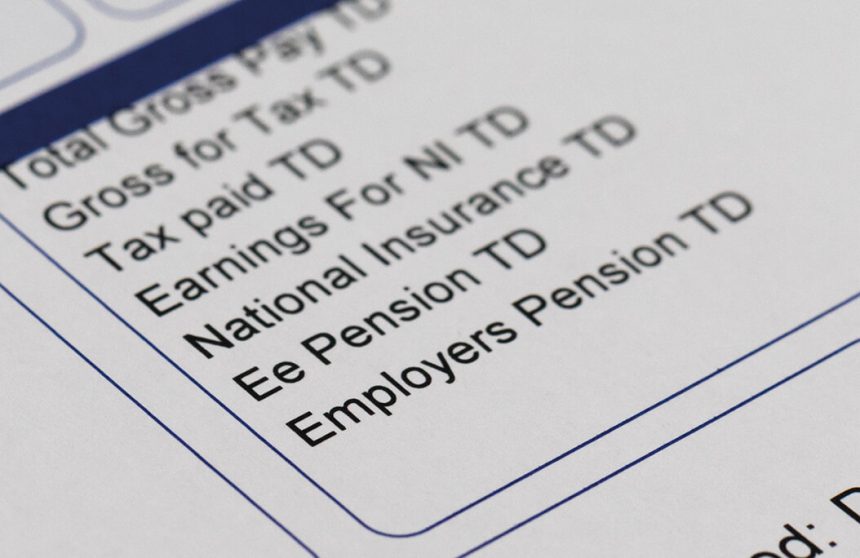Q
One of my drivers has asked for time off to care for their sick mother. What are my legal obligations?
A
The Carer’s Leave Regulations came into force on 6 April 2024 and entitle eligible employees to unpaid leave to provide, or arrange, care for a dependent with a “long-term” care need.
Your driver will be entitled to carer’s leave if they satisfy the eligibility requirements.
The driver’s mother is a “dependant” for the purposes of carer’s leave (a dependant can be a spouse, civil partner, child or parent but does not have to be a family member — it can be anyone who relies on the employee for care).
The driver’s mother must have a long-term care need. This is an illness or injury (physical or mental) that requires care for more than three months, or a disability under the Equality Act 2010, or care needs relating to old age.
If your driver’s mother does have a long-term care need then your driver will have the right to carer’s leave.
The driver can apply for carer’s leave for up to one continuous week (unpaid) in any 12-month period.
There is no minimum service requirement, and the driver could request carer’s leave from day one of employment.
The minimum period of carer’s leave the driver can take is half a working day and the leave does not need to be in consecutive days — the driver could take seven separate days of carer’s leave over a 12-month period.
To request carer’s leave, the driver must give notice of their intention to take the leave (this does not have to be in writing), confirm their entitlement to carer’s leave and give at least twice as much notice as the requested period of leave or three days’ notice (whichever is earliest).
You cannot refuse the carer’s leave request, but can postpone it where there is reasonable belief that the operation of the business will be unduly disrupted.
If you do intend to postpone the carer’s leave, advice should be sought to ensure the correct legal procedure is followed.
All operators should ensure they have a comprehensive written policy dealing with carer’s leave and that staff are appropriately trained to handle carer’s leave requests.
Q
The National Minimum Wage increased on 1 April 2024. What do I need to know?
A
The National Minimum Wage (NMW) increased from 1 April 2024 and the National Living Wage (NLW) — which increased to £11.44 per hour — was extended from workers aged 23 and over to workers aged 21 and over.
NMW compliance is not as straightforward as you might think and is currently under the HMRC microscope with investigations on the rise.
Earlier this year, the Department for Business and Trade publicly named and shamed 524 businesses — including some well-known names — who had failed to pay the NMW.
The breaches left 172,000 workers out of pocket and the businesses were ordered to repay them nearly £16 million, plus additional financial penalties of up to 200% of their underpayment.
The government has published an “educational bulletin”, identifying common pitfalls leading to NMW non-compliance, which include:
- Misunderstanding ‘working time’: For example, rounding clocking-in/out times to the nearest hour; unpaid travel time; unpaid time for mandatory training; unpaid overtime; payment for “regular” hours or a day rate where the worker has worked for more than that time.
- Reductions/deductions: For example, food; parking permits; travel costs; work equipment; uniform; salary sacrifice schemes; training costs.
- Failure to update NMW: For example, failure to increase pay following a worker’s birthday; failure to uplift pay after the annual NMW increases.
The government has made it clear that robust enforcement action will be taken against businesses that fail to comply — even if non-compliance is unintentional — so operators should adopt a proactive approach to reviewing pay policies and practices to avoid the risk of substantial financial penalties and reputational damage.
[Answers by Laura Hadzik, Partner; Nosheen Akhtar, Trainee Solicitor]
- For a free legal consultation with JMW Solicitors, contact Laura Hadzik on laura.hadzik@jmw.co.uk/0345 450 7726
- Email your legal questions for future issues to routeone on editorial@route-one.net



























